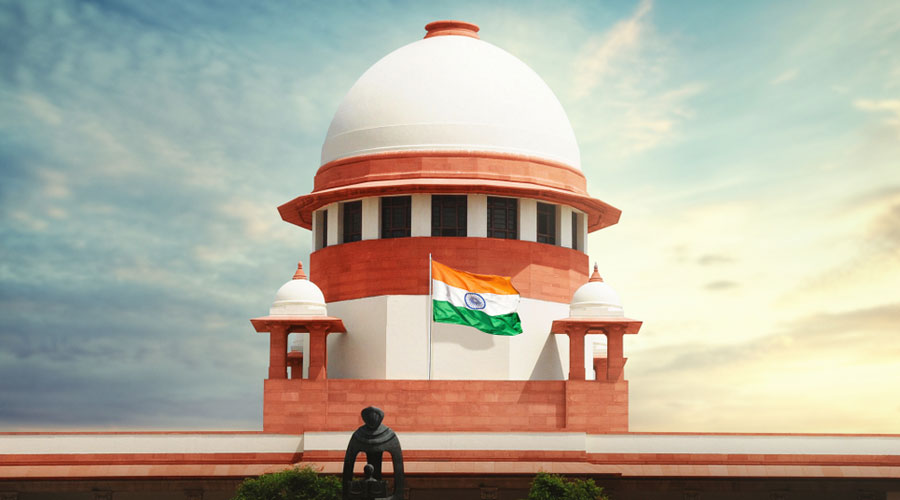The Supreme Court on Tuesday dismissed an appeal for quashing Prime Minister Narendra Modi’s election from Varanasi in 2019, holding that appellant former BSF constable Tej Bahadur was neither a voter nor an eligible candidate, nor produced the mandatory certificate to prove that his dismissal from service was not for corruption or disloyalty to the country.
Bahadur, was on April 19, 2017, dismissed from the BSF after he apparently angered the defence establishment for taking to social media over the alleged poor and substandard quality of food served to jawans guarding the country’s borders.
He subsequently filed two nominations — one as an Independent candidate and another on behalf the Samajwadi Party — against Modi in the 2019 elections. However, both the nomination papers were rejected by the returning Officer on the ground that he failed to produce the requisite certificate from the authorities that his dismissal was not on account of corruption or disloyalty to the State.
Aggrieved, he had filed an election petition in Allahabad High Court which dismissed his plea on the ground that he had no locus standi as he was neither a voter nor a declared candidate for filing an election petition; following which he appealed in the apex court.
Dismissing Bahadur’s appeal, a bench of Chief Justice of India S.A. Bobde and Justices A.S. Bopanna and V. Ramasubramanian ruled that under Section 81 of the Representation of Peoples Act, an election petition may be presented by (a) any elector or (b) any candidate at such election.
It noted that the Explanation to Section 81 provides that an “elector” means a person who was entitled to vote at the election to which the election petition relates. Obviously, Bahadur is not an elector registered in the Varanasi constituency since he is admittedly enrolled as an elector of Bhiwani, Mahendragarh parliamentary constituency, Haryana, the top court said.
“His locus thus depends entirely on the question whether he is a candidate or can claim to be a duly nominated candidate,” Justice Bobde, who authored the judgment, said.
The bench noted that on the date of filing the nomination Bahadur also did not possess the required certificate to prove he was not dismissed either for corruption or disloyalty to the State.
The court said along with the nomination papers he had merely produced the oath letter dated April 30, 2019, that he has never been dismissed on the basis of corruption or disloyalty to the State and pointed out that under Section 33(3) of the Act that in the absence of such certificate a person “shall not be deemed to be duly nominated as a candidate”.
“It would, therefore, be absurd to construe the legislative scheme as permitting a person who has not filed his nomination in accordance with Section 33 (3), as enabling him to claim that he is a duly nominated candidate even though the provision mandates that such a person shall not be deemed to be a duly nominated candidate.
“We are of the view that the mandate of the law that such a person shall not be deemed to be duly nominated must be given full effect and no person must be considered as entitled to claim that he has been duly nominated even though he does not comply with the requirement of law.
“We, therefore, see no merit in the appeal and do not consider it necessary to issue notice to the respondent (Modi). The appeal does not raise any arguable question of fact or law and admitting the appeal would amount to an exercise in futility for the court to do so,” the bench said.










